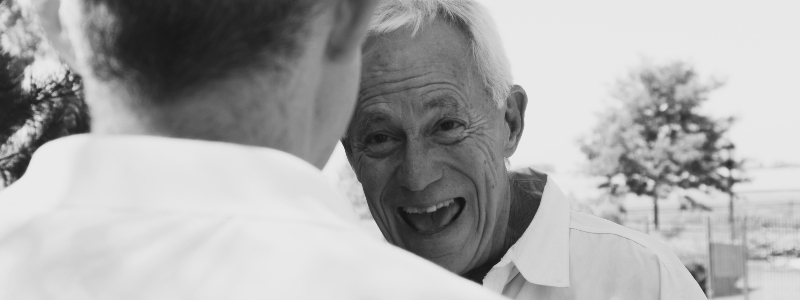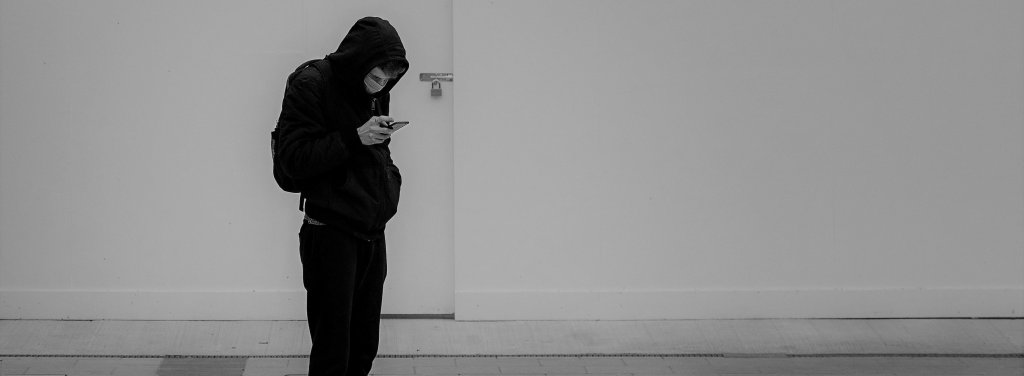Ageing and death are two topics we find difficult to think and talk about.
Do you remember when you first realised you were a grown up? Major events like the loss of a parent signal a change in the social pecking order, and how society or the world sees us. There are moments that symbolise the start of a new phase, when we move from one stage of life to another, and age is the primary signifier. It usually happens when we are least aware of the transformation. Moving from child to adult, and young adult to adulthood, maturity and old age. As ageing adults, might we be in denial? ‘I feel the same as I did when I was twenty-five’ – is this denial or how life is experienced for most of us?
A woman remarked the other day that a young man had offered her a seat on the bus. The comment triggered her to consider what this means. Did she look as though she needed to sit down because she looked old? She was not the young woman she felt inside, but an older generation. Of course, there could be many other reasons why he gave up his seat.
How does this impact our lives and relationships? In that period of life where we are developing a career, raising a family, or supporting parents in their old age, we are so busy that we may not want or have the time to reflect on how our roles and status are changing. The encounter with the young man who gives up his seat for us triggers in our minds the reality that we are seen differently in the world than how we experience ourselves.
Rather than giving advice here, it would be useful to think about ageing with an optimistic lens, by identifying earlier on in life what is required to preserve our mental health:
- avoiding isolation and loneliness
- physical health and wellbeing
- mental stimulation
- companionship with family and friends
- keeping an open mind
- dealing actively with loss and grief, and
- actively managing our mental health to prepare for old age.
The last point is concerned with investing in your mental health throughout your lifetime. What are your relationships like with family and friends? Are problems swept under the carpet when resentments build up over months and years? We have an emotional economy that needs building on for those latter years.
In future blog posts I will elaborate on the above topics and suggest how we can help with some of the issues. For example, joining a group where you can discuss these things with others.
Thea Beech is a Group Analyst with many years experience working in the UK and overseas. She worked as A Group Analyst in South Africa as a Lecturer at Cape Town UCT and at Kwa Zulu Natal University in Durban, lecturing on a Masters Program in Group Work. Her MA in Applied research was on Eating disorders. Her interests are in cultural diversity and trans-generational influences on the individual. Thea is available at our Brighton and Hove Practice.
Further reading by Thea Beech









